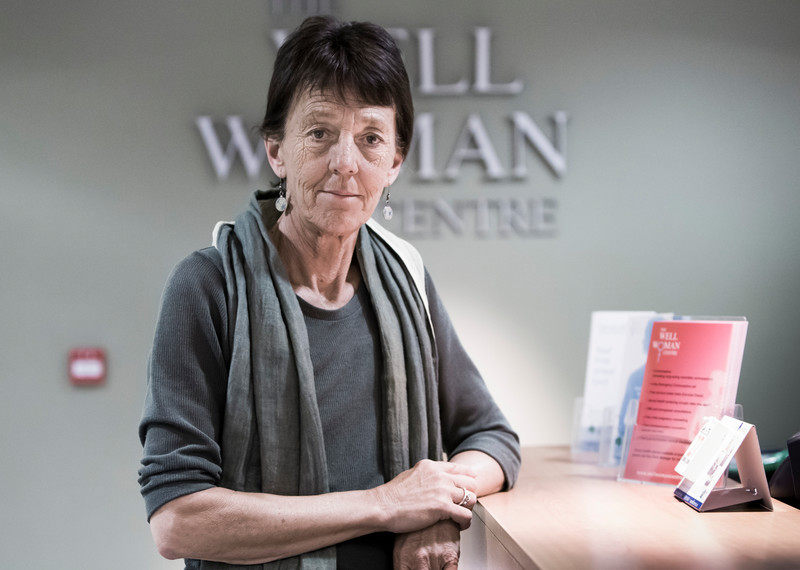When the best possible medical treatment falls foul of the law, it’s the law that needs to change.
Getting a legal abortion in Ireland is well nigh impossible. You have to be at risk of dying to qualify for one. But if the treatment itself is virtually beyond reach, getting information about your best treatment options is almost as difficult, thanks to Ireland’s Regulation of Information Act.
The Act bans doctors, nurses and counsellors from talking openly about or referring patients for an abortion. If they breach it, they can be fined up to 4,000 euro.
The impact of the Act is devastating. “The Information Act is double speak,” says Dr Mark Murphy of Doctors for Choice. “If I cannot provide full and complete information on the abortion procedure, it’s tantamount to professional misconduct.”
If I cannot provide full and complete information on the abortion procedure, it’s tantamount to professional misconduct.
Dr Mark Murphy, Doctors for Choice
Sting operation
The Information Act also opened the door to exploitation. In 2012, a group of women campaigning against abortion posed as clients with unwanted pregnancies and secretly recorded counselling sessions in 11 sites across the country. The women’s goal was to show that the pregnancy counselling agencies were failing to comply with the Act.
They gave the recordings to the Irish Independent, Ireland’s best-selling daily newspaper, which published a piece alleging “malpractice” and that “illegal” information was being given out.
In response to the news article, Ireland’s Health Services Executive (HSE) launched an investigation into all pregnancy counselling services that it funded, focusing on those against which the allegations were made.
Dublin Well Woman and the Irish Family Planning Association were among the organizations targeted for an in-depth review, to find out whether they had breached the Act.
The investigations lasted six months, after which no evidence of wrong-doing was uncovered. There were no prosecutions.

In one way you are taking the client in and giving them the best you can, and in another breath you are pushing them away.
Linda Wilson Long, Dublin Well Woman
Chilling effect
Nevertheless, the impact of the investigation and sting operation was chilling. As Dublin Well Woman’s Linda Wilson Long explains: “Having been taped, that has created caution that wasn’t there before; all of us became slightly more careful and lost our spontaneity. We say ‘I am not legally allowed to tell you’, we all work really tightly under those guidelines.
“We stay very clearly within the right to travel. So in one way you are taking the client in and giving them the best you can, and in another breath you are pushing them away. That is what it is like.”
The nature of counselling services requires a degree of trust, intimacy and respect for confidentiality between a client and counsellor. This made the undercover operation particularly distressing for individual counsellors. Says Linda Wilson Long, “They have attacked the essence of what this particular kind of counselling is about.”
Niall Behan of the Irish Family Planning Association was disturbed by the investigation, but remains philosophical about its impact.
“In the end, I’d say what the smear campaign achieved was to highlight two things: the lengths that anti-choice groups will go to attempt to discredit health service providers that promote women’s right to reproductive health services, and the need to repeal the Information Act.”
The smear campaign highlight[ed] two things: the lengths that anti-choice groups will go to attempt to discredit health service providers that promote women’s right to reproductive health services, and the need to repeal the Information Act.
Niall Behan, Irish Family Planning


